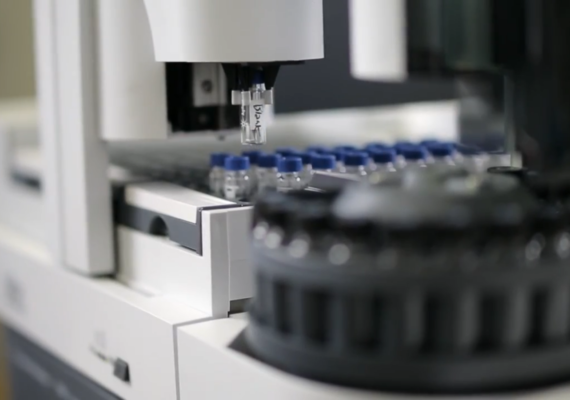Complexity and biology
SYSBIO/ISBE.IT
Centre of Systems Biology
An organized, multidisciplinary and inclusive scientific community devoted to the understanding of biological complexity for biosociety development. ISBE.IT is the Italian candidate node for ISBE - an ESFRI Research Infrastructure project

Research Infrastructure
Providing access to best technology and service
Research Infrastructures are facilities, resources or services of a unique nature identified by research communities to conduct top-level research activities in all fields. SYSBIO/ISBE.IT is developing a set of facilities, resources and services for life scientists, that can be used by the whole community, such as
- a metabolomics facility
- COSYS, a web resource, now in beta.
- a modeling consultancy service
THE 21ST CENTURY CHALLENGE
The most fascinating challenge that is open to science in this beginning of the 21st century is to uncover the laws of biological complexity.
Even the numbers of biological complexity are overwhelming: a human body is made up by about 50 thousand billion cells, and each cell is a world by itself, being made by almost a billion protein molecules of about 10’000 different types, that vary from a kind of cell to another.
High throughput "-omics" technologies are able to yield accurate descriptions of molecular level of different cells in various physiological and pathological conditions.
The great scientific challenge is to extract from these “omics” (transcriptomics, proteomics, metabolomics, etc.) mechanistic insight to understand how a given cellular functions is performed, and to become able to predict its behavior under perturbed conditions (i.e. pathology).
A new scientific paradigm is needed: Systems Biology.
SYSBIO people
Multidisciplinarity at work
Due the interdisciplinary nature of systems biology, SYSBIO people have different backgrounds and a mixture of unconnected skills. The great majority are life scientists, but others are clinicians, chemists, computer scientists, engineers, physicists and mathematicians.
SYSBIO support a good number of young researchers, and invest many funds in PhD studentships and grants.
SYSBIO Research
Integrating different knowledge fields
SYSBIO is devoted to the study of complex biological functions both in lower eukaryotes and in mammalian. We published papers with mathematical model describing and predicting critical cell size and cell fate, or describing the logic of the metabolic reprogramming that underlies cancer cell growth.
Ranging between different topics, our publications have allowed a heterogeneous group of people to join the new scientific paradigm imposed by systems biology.
